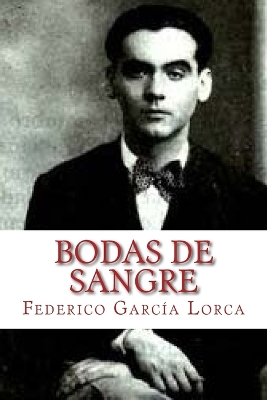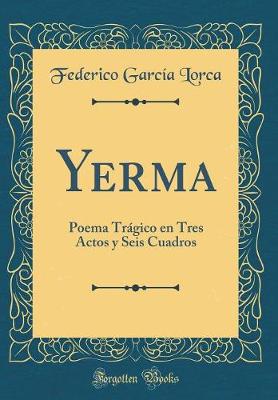Hispanic Texts
2 total works
"This excellent edition is most welcome. A select bibliography, a brief vocabulary, several footnotes to explain points of difficulty, fourteen long endnotes... and even the music of the songs, make the edition an extremely valuable and interesting volume, offering the reader the text of the play itself and important new insights into its structure, its significance and indeed its success."
Professor Leo Hickey, 'Modern Languages'
Bodas de sangre is arguably the best-known work by the most celebrated of all twentieth-century Spanish writers. A passionate story of family feud and tragic elopement is played out in the setting of a poor country village, building up to a dramatic ending full of the intensely poetic symbolism characteristic of Lorca.
Professor Leo Hickey, 'Modern Languages'
Bodas de sangre is arguably the best-known work by the most celebrated of all twentieth-century Spanish writers. A passionate story of family feud and tragic elopement is played out in the setting of a poor country village, building up to a dramatic ending full of the intensely poetic symbolism characteristic of Lorca.
Yerma: Poema Trágico en Tres Actos y Seis Cuadros (Classic Reprint)
by Federico Garcia Lorca
Published 1 January 1987
The second of Lorca's trilogy of rural dramas, Yerma, is a blend of contrasting moods through which Lorca charts the increasingly destructive obsession of a childless young country wife, and probes the darker zones of human fears and desires. The play's rich mode of expression - a combination of verbal, visual and auditory images and rhythms - is also geared to celebrating sexual attraction and fertility, creation and procreation.
Through his characterization of the play's central figure, Lorca raises the question of women's social status - a controversial question both then and now, and one to which Robin Warner pays particular attention in his critical introduction to the play. He also examines the links between the dramatic structure of Yerma and the importance of cultural politics during the course of the Second Spanish Republic. The Spanish text is supported by an introduction and notes in English, as well as by an extensive vocabulary and section of discussion questions.
Through his characterization of the play's central figure, Lorca raises the question of women's social status - a controversial question both then and now, and one to which Robin Warner pays particular attention in his critical introduction to the play. He also examines the links between the dramatic structure of Yerma and the importance of cultural politics during the course of the Second Spanish Republic. The Spanish text is supported by an introduction and notes in English, as well as by an extensive vocabulary and section of discussion questions.

